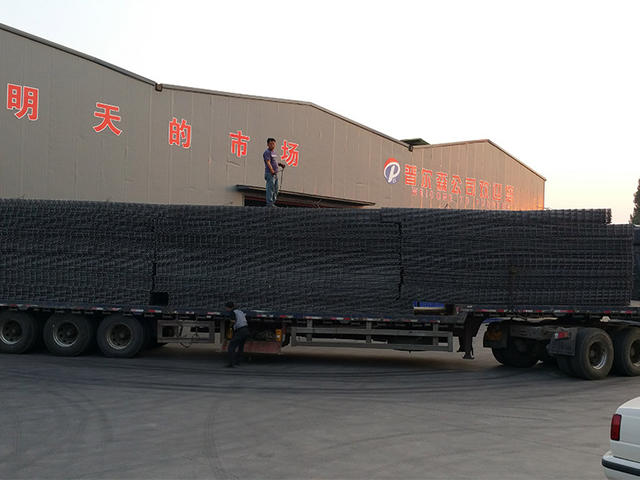Sep . 24, 2024 14:23 Back to list
Specifications for Black Annealed Wire Production and Quality Standards
Understanding Black Annealed Wire Specification and Its Applications
Black annealed wire, commonly known as black wire, is a type of wire made from low-carbon steel that has undergone the annealing process. This results in a softer, more ductile material that is easier to work with and manipulate. The specification of black annealed wire is critical in determining its applications in various industries.
Manufacturing Process
The production of black annealed wire begins with the drawing of low-carbon wire. This wire is then subjected to heat treatment in a controlled environment, which alters its molecular structure. The annealing process removes internal stresses, enhances ductility, and improves the overall mechanical properties of the wire. Post-annealing, the wire is typically coated with a layer of iron oxide, giving it a characteristic black appearance, which not only aids in corrosion resistance but also provides a degree of aesthetic appeal.
Specifications
The specifications for black annealed wire can vary based on the intended use. Key parameters include diameter, tensile strength, elongation, and surface finish. Common diameter sizes range from 0.2mm to 6mm, making the wire suitable for a wide range of applications. Tensile strength is typically measured in megapascals (MPa), with variations depending on the wire's diameter and treatment. A standard tensile strength for black annealed wire is between 300 to 700 MPa. The elongation percentage reflects the wire's ability to stretch without breaking and is an important factor for applications requiring flexibility.
black annealed wire specification factory

Applications
Black annealed wire is extensively used in agriculture, construction, and manufacturing sectors. In agriculture, it serves as binding wire for bales of hay or straw and is also used to support crops. Its flexibility and strength make it ideal for trellising systems. In construction, black annealed wire is used in fencing, reinforcing concrete, and various DIY projects. It is also an important component in the production of various products, such as nails, mesh, and wire ropes.
Advantages
One of the significant benefits of black annealed wire is its cost-effectiveness. The manufacturing process is relatively straightforward, and the raw materials used are readily available, which keeps production costs low. Additionally, the annealing process enhances the wire's durability, making it resistant to rust and corrosion, thus prolonging its lifespan.
Conclusion
In summary, black annealed wire is a versatile product with a wide array of specifications that cater to diverse industrial needs. Its unique properties, driven by the annealing process, make it invaluable in sectors ranging from agriculture to heavy construction. Understanding its specifications is critical for users to select the suitable type of black annealed wire for their specific applications, ensuring both efficiency and effectiveness in their respective projects. With ongoing advances in manufacturing techniques, the future of black annealed wire remains promising, making it a mainstay in various industries for years to come.
-
High-Quality Steel Grating Solutions for Industrial Applications | Durable, Safety, Customization
NewsJul.13,2025
-
Advanced Solutions-CompanyX|Enterprise Efficiency&Cost Reduction
NewsJul.13,2025
-
Sustainable Manufacturing-EcoTech Innovations|Waste-to-Energy System&Zero Emissions
NewsJul.13,2025
-
Welded Wire Mesh- Buildings Wiremesh Co., Ltd.|Durable Construction Material&Industrial Strength Solution
NewsJul.13,2025
-
Smart Production Solutions-Example Corp|AI Automation&IoT Monitoring
NewsJul.13,2025
-
Advanced Industrial Solutions-Advanced Industrial Solutions|Manufacturing Efficiency&Productivity
NewsJul.13,2025

